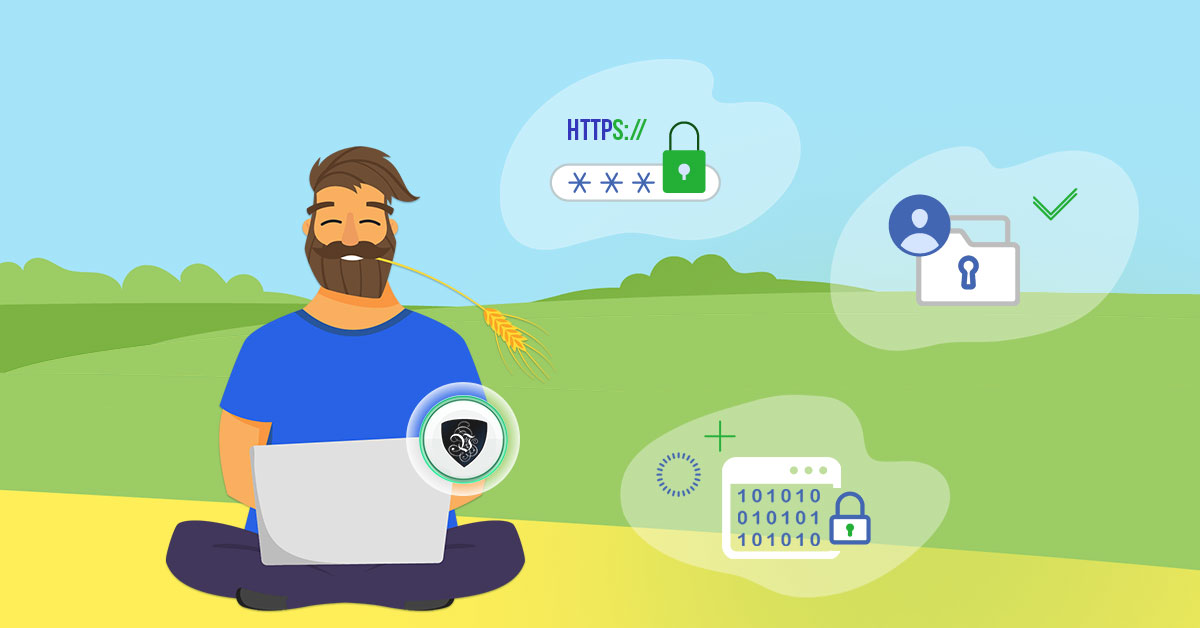With the advent of the internet, many people not only enjoy entertainment content but also find work for themselves. In most cases, it's freelance, allowing them to work remotely, at home in comfortable conditions, performing certain tasks, which is very convenient. Practically everyone dreams of working from home, not visiting the office, and earning decently by doing their favorite work. But, as often happens, there are scammers on the internet who dream of making money at someone else's expense or deceiving a freelancer.
Freelance Scam
To avoid deception, a freelancer needs to understand the situation and consider the moments that scammers skillfully use on freelance platforms to find victims.

One way to deceive a freelancer:
Create an order with a request for a security deposit. The scammer asks for a small payment that guarantees the freelancer's work. These amounts are small, which does not burden the freelancer much, he may take the risk, but these offers are scams and will not help earn money.
Frequent scams involve offering to open an additional bank card. A fake employer proposes an option with a card, promising that payments will be made to it, but this must be done only at the bank he specifies. In this situation, there is a risk that the scammer may arrange a loan on the new card and withdraw it for himself.
There are such complex schemes as mediation, where payment involves transferring money from your card to another specified by the scammer or withdrawing cash for personal transfer. In this case, the scheme is implemented so that when purchasing a product, the buyer will pay to the freelancer's card, and after withdrawing this money, hands it over to the client. It turns out that the buyer will be left without the product, and proving non-involvement in the fraud turns out to be difficult.
Fraud in Remote Work
Sometimes there are unscrupulous freelancers who may let down the client, causing both material and reputational damage, passing information about the order to others, posting the order in open access, damaging goods or items, or hacking the system of the project or company that ordered the work.

There are freelancers who demand prepayment for the work but perform it either in bad faith or not at all, in which case the client loses money and precious time on the work.
Finding a reliable employer and contractor on freelance platforms can sometimes be difficult.
Order Fraud
If it so happens that fraud occurs, the following actions must be taken:
- provide the protection authorities with saved screenshots of correspondence with the fraudster, information about their profile, which is also copied from messengers or websites, provide the phone number, which will allow proving the deception;
- it is necessary to contact the technical support of the freelance platform, providing them the opportunity to quickly resolve the issue after they receive all the necessary data;
- in case technical support is powerless, it is mandatory to contact the police with the collected materials about the fraud.

The special cyber police department accepts the statement and evidence base, allowing them to search for scammers and even recover lost funds.
Protection of Freelancers
Several rules can be highlighted for the protection of freelancers:
- When choosing a freelance platform, you need to pay attention to the site name and data transmission protocol; its address should contain https:// as the first letters.
- If the chosen site lacks the letter 's' at the beginning, it means the resource does not have personal data protection, and such a site is likely created for scammers.
- When registering, it is necessary to study its terms and verification, if identity verification is not required and any data can be entered, it indicates a high risk of fraud.
- Check the employer, if possible, review feedback and information on the resource. If such data is absent, it is not recommended to establish business relations.
- To protect yourself, it is not recommended to start work given by the client if they do not communicate with you about the quality and parameters of the work, or do not ask to provide your portfolio.

- Do not provide information about bank cards.
- Do not take an advance, but also do not agree to postpone payment for the work.
- If possible, communicate with the client on the freelance platform, try to submit completed tasks right there, this will allow keeping the message in case of fraud, as technical support cannot work with them if communication takes place in other social networks.
- It is recommended to take screenshots, if needed to file a complaint, you will have evidence.
Knowing these simple rules and following them will help avoid unpleasant situations and prevent mistakes.
 >
>